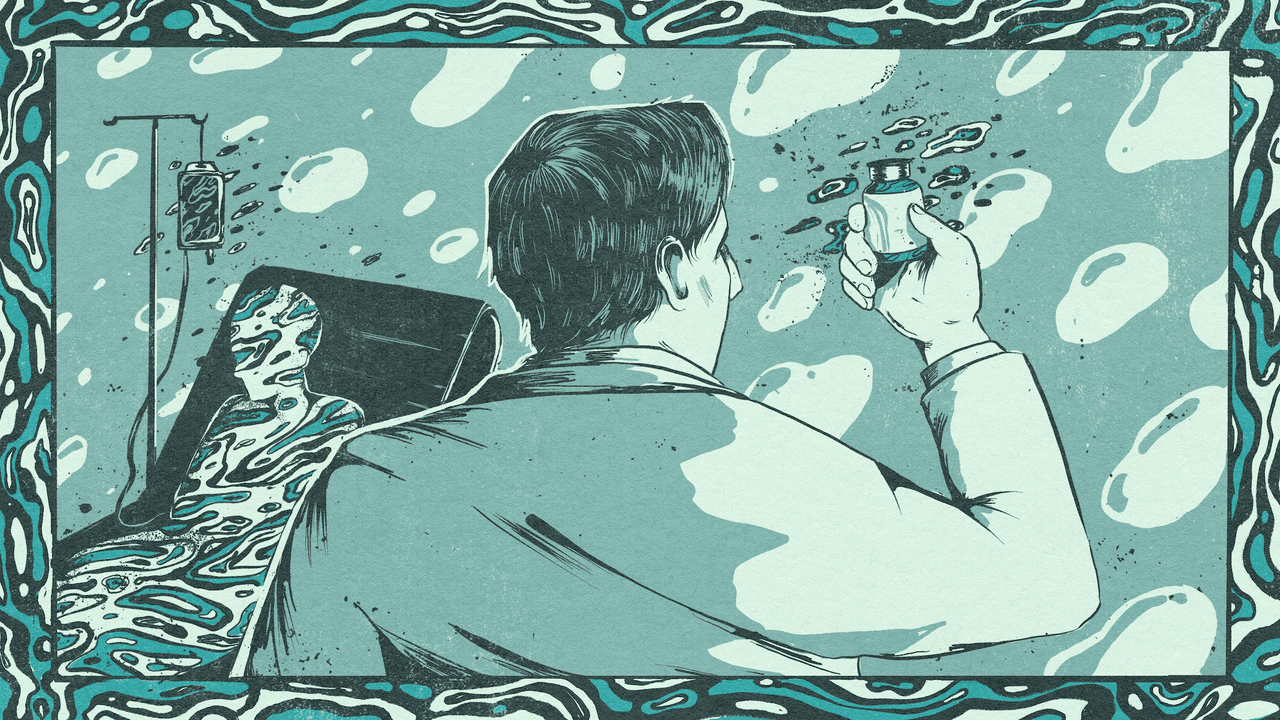
How we made news of a useless cancer drug useful
In January, the Bureau of Investigative Journalism revealed how at least a dozen poor-quality brands of a childhood cancer drug had reached 90 countries, putting an estimated 70,000 children at risk.
The medicine is called asparaginase, a key drug for treating the most common form of childhood cancer. The investigation highlighted that doctors may not even know if they are prescribing poor-quality asparaginase – or what else could be lurking in those vials of medicine.
Here at TBIJ we’re constantly exposing injustices happening across the world. But that’s only part of our mission – we’re also trying to provide the right people with the information they need to change the world for the better.
After publication of the story our global health team set out to engage directly with the medical community, making sure as many experts as possible were aware of the grave findings.
The team gave a presentation to a global network of oncologists headed by Prof Scott Howard, who told TBIJ he has now directed many colleagues from low-and-middle income countries to our list of substandard asparaginase brands.
Another key way to get stories in front of medical professionals is via journals – not somewhere you typically tend to find news reporting. But TBIJ’s global health reporters Rosa Furneaux and Laura Margottini co-authored a special report in the scientific journal Pediatric Blood & Cancer, with cancer experts Prof Ronald Barr and Prof Tim Eden.
Barr said: “The work of the Bureau was instrumental in bringing this scandal to the attention of the medical community.
“Publishing the findings in Pediatric Blood & Cancer increases the size of the medical community which will be alerted to the problem.”
It also prompted other journals to react. Lancet Oncology, one of the top-ranked journals in the world for published cancer research, responded with an editorial that called for better safeguards to protect young patients. A few months later, Chemistry World, the publication of the UK’s Royal Society of Chemistry, ran an op-ed on recent drug contamination scandals that featured TBIJ’s reporting.
Taking this information to medical professionals means that the people treating patients day in, day out can make use of it straight away. Bringing the findings to those with political power means that they can lobby for change at the national and global level.
Three members of the European Parliament cited the investigation in a written question to the EU Commission in February, stating that our reporting “laid bare a structural problem in the global pharmaceutical market”. But the response was evasive.
“The answer failed to reassure me that investigations were being conducted to protect citizens from the use of substandard asparaginase in the EU,” said Tilly Metz, one of the three who authored the question. She hopes that more reporting will force the Commission to take action.
The story has also received significant industry acclaim. Last week the story won a One World Media Award, which recognises the best media coverage of the global south.
Later this year, the International Society of Paediatric Oncology and its partner Childhood Cancer International, a global network of parent support groups, will also host a session prompted by our findings at their annual conference.
There is never any guarantee that deep investigations like this will lead to positive real-world change. But we can keep getting our findings to those who need them and can use them to change their own lives, or the lives of others.
The Bureau newsletter
Subscribe to the Bureau newsletter, and hear when our next story breaks.
Illustrations: Evangeline Gallagher
Global health editor: Chrissie Giles
Bureau Editor: Meirion Jones
Production editor: Frankie Goodway
This article is part of our Global Health project, which has a number of funders including the Bill & Melinda Gates Foundation. None of our funders have any influence over the Bureau’s editorial decisions or output.
-
Area:
-
Subject:




